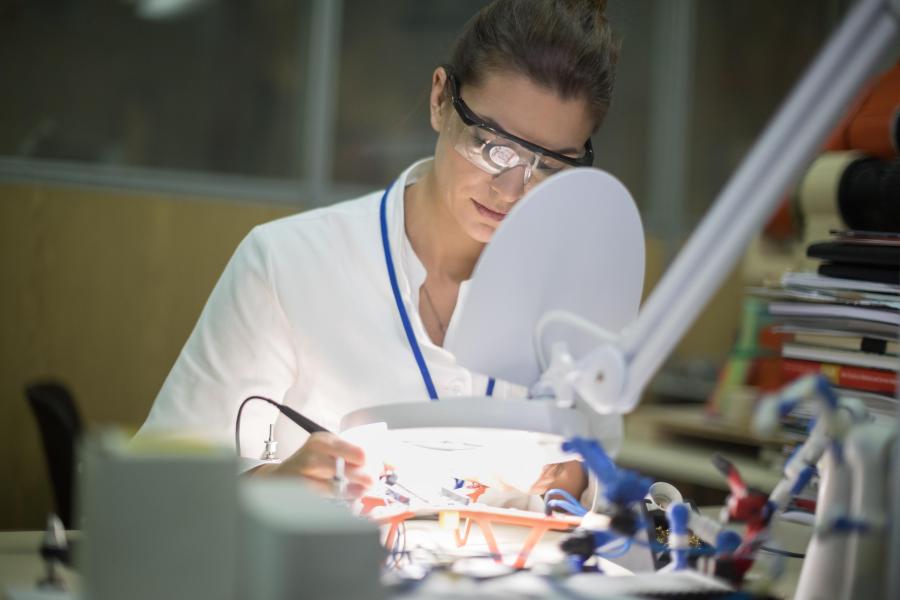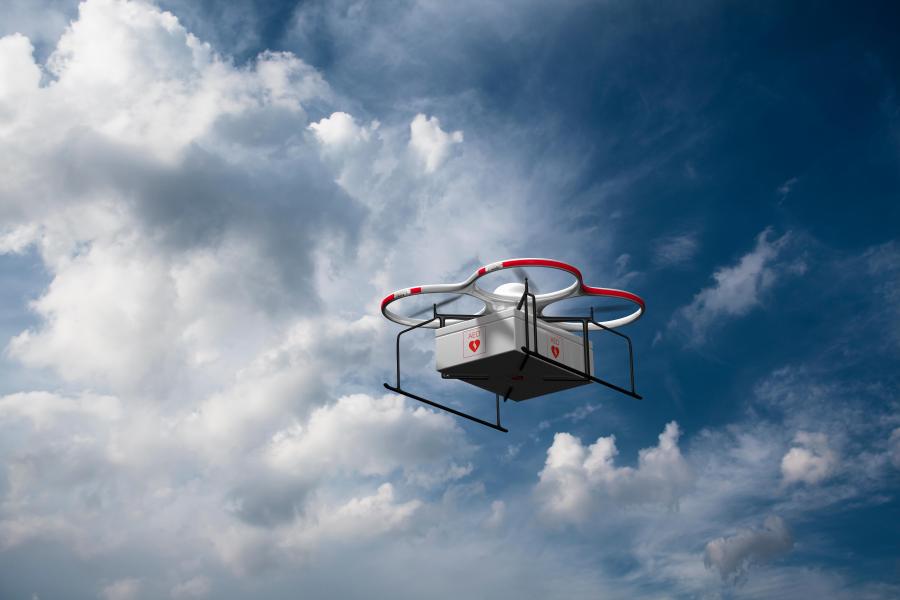
Drones are an increasing part of the world of innovation and investment. Drones offer huge potential for the private and public sectors, and can greatly benefit societies, from lowering pollution in transport to emergency medical assistance and precision agriculture. In 2015, the European Commission launched the Aviation Strategy for Europe to boost this part of the economy. In the next 20 years, the Commission envisages this sector creating 150 000 to 200 000 jobs.
In 2019, the European Commission and the European Investment Bank launched the European Drone Investment – Advisory Platform. This platform will make it easier to get European Union support and build awareness of the instruments and funding available.







